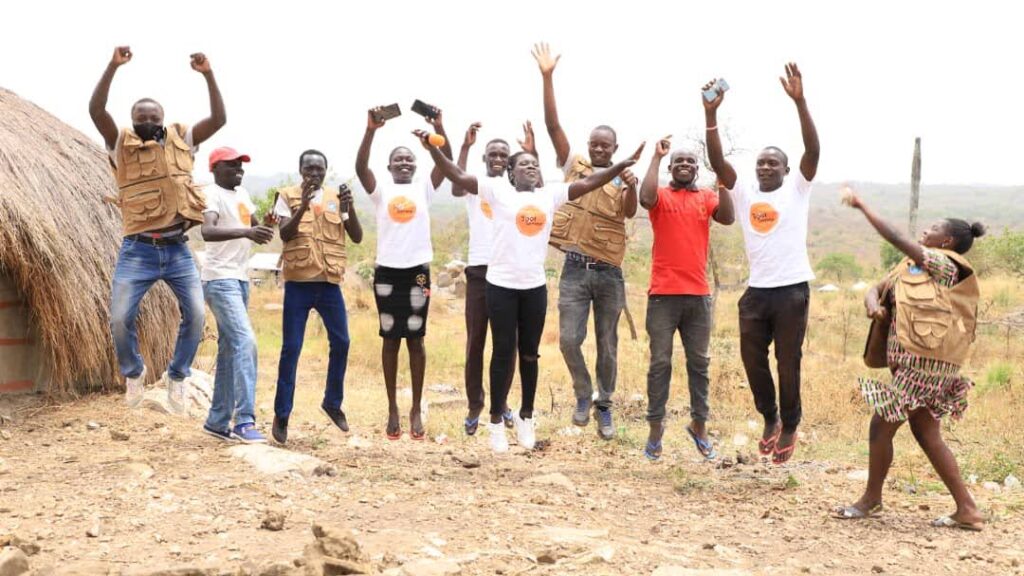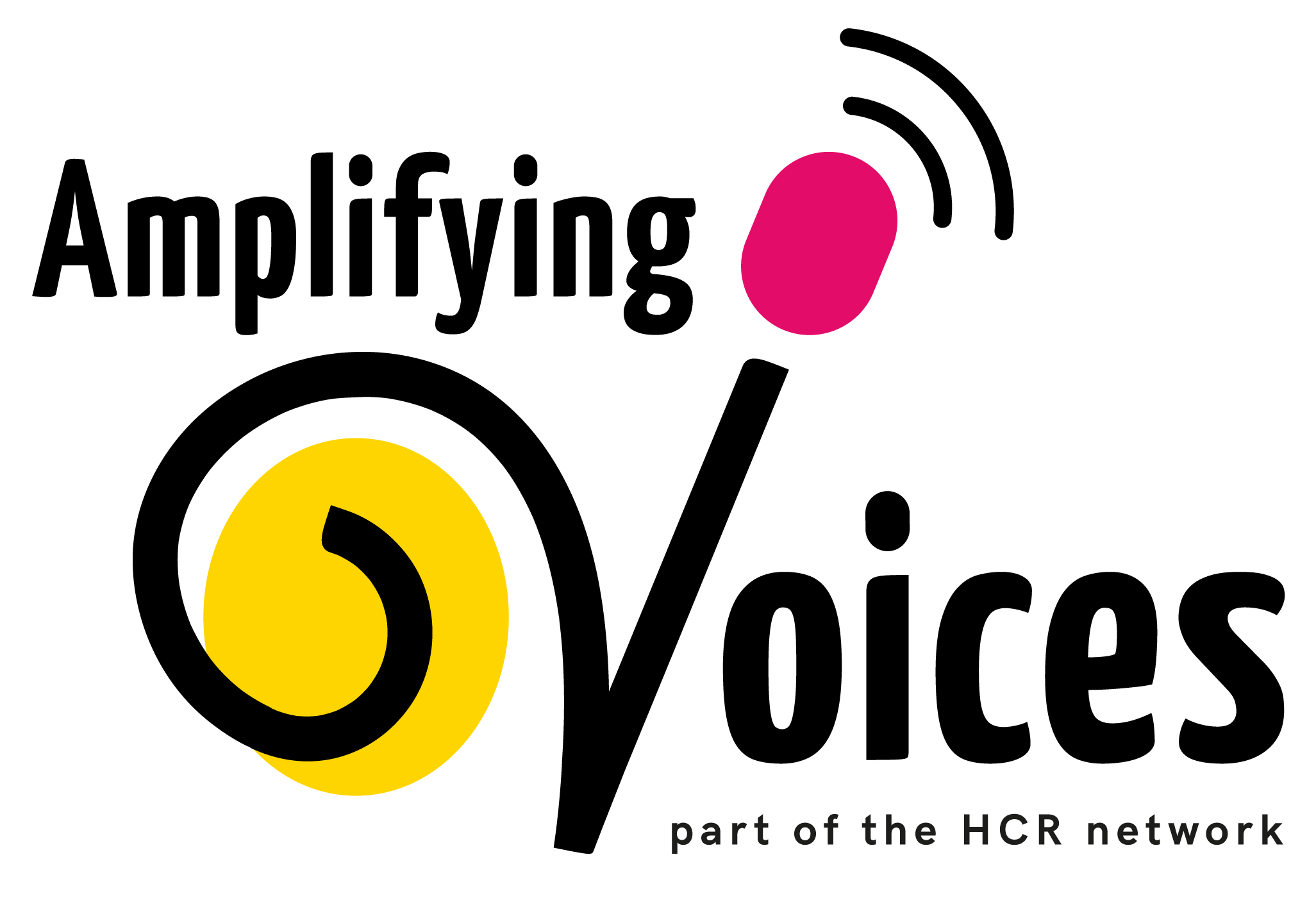
Podcasts replace isolation in Uganda
Have you seen the film “Don’t look up”? I was talking about it recently with Barnabas from Community Development Centre – Uganda (CDC Uganda, our partner responsible for the Soot Semee project). Barnabas said he had also seen the film during some well-earned down time at the beginning of the year. At face value you could say it’s just another disaster film – the world is threatened by an apocalyptic asteroid. But at another level we agreed it was as a great analogy for the toxic effect of divisive media during the Covid19 pandemic.
Unlike the media outlets portrayed in “Don’t Look Up”, the Soot Semee project team at CDC Uganda have been working hard to create media that brings people together, fighting the isolation that refugees can feel during very difficult circumstances.
Preventing suicides
CDC’s work has been affirmed by a team working with the World University Service Canada (Uganda Country Office). During focus groups, a common theme emerged in which residents of the refugee settlements said that listening to Soot Semee had helped them not to follow through with suicide. They said that feeling isolated had led them to thinking about suicide but listening to local voices on Soot Semee podcasts talking about shared experiences, helped them feel more connected to people round about them.
Returning is still risky
Barnabas explained how this isolation comes about. Some people in the border areas have recently left South Sudan because of conflict. Others are en-route to return. There is a peace process in place in South Sudan, but many parts of South Sudan are not safe or peaceful. Leaders are struggling to implement the plan. Factions have weakened the political opposition whose job is to hold the ruling party to account. This has re-ignited conflict between other powerful groups. I asked why people are going back if that is the case.
Realities of refuge
Barnabas told me that people living in the camps find it very difficult to make a living. They find there is not enough food, and what is there, is not varied enough for a healthy diet. People sell portions of aid packages to be able to buy more diverse food, or to buy clothes. For example, NGOs often give out branded T-shirts to raise the profile of their projects, but for many people in the settlements these T-shirts serve as the only “special” clothes they have.
Families divided
In South Sudan, combatants would offer safe passage to the border, telling people to leave and be safe because very soon they would be able return. However, the conflict has gone on for many years. Uganda is a safer environment than South Sudan so some people will take the difficult decision to leave their children in the settlement camps where they can access education and other services. The parents will return to South Sudan, knowing it is volatile, so that they can earn money to cover schooling costs. Again, this is often seen as a short-term solution, but it has been happening for decades now. Barnabas had this experience himself as a child although he is now reunited with his family. But the practice continues, splitting families for several years and creating isolation
Building bridges with Soot Semee podcasts
In partnership with Amplifying Voices, the Soot Semee team plans to extend their work by having multiple volunteer teams working in local settlements along the routes of exit and return. Each team will support new listener groups who will also contribute to Soot Semee style podcasts on speakerboxes. Groups will hear things like verified news from South Sudan and the other refugee camps, and ideas for promoting peace through fair use of local resources. They will contribute their own ideas through recording community conversations, locally produced songs, and other cultural content.
Crucially, the communities can share appropriate content with other communities. So, while the local podcasts will be specifically relevant to each community, they will also bridge between communities, bringing people closer to each other and stepping up the fight against isolation.
